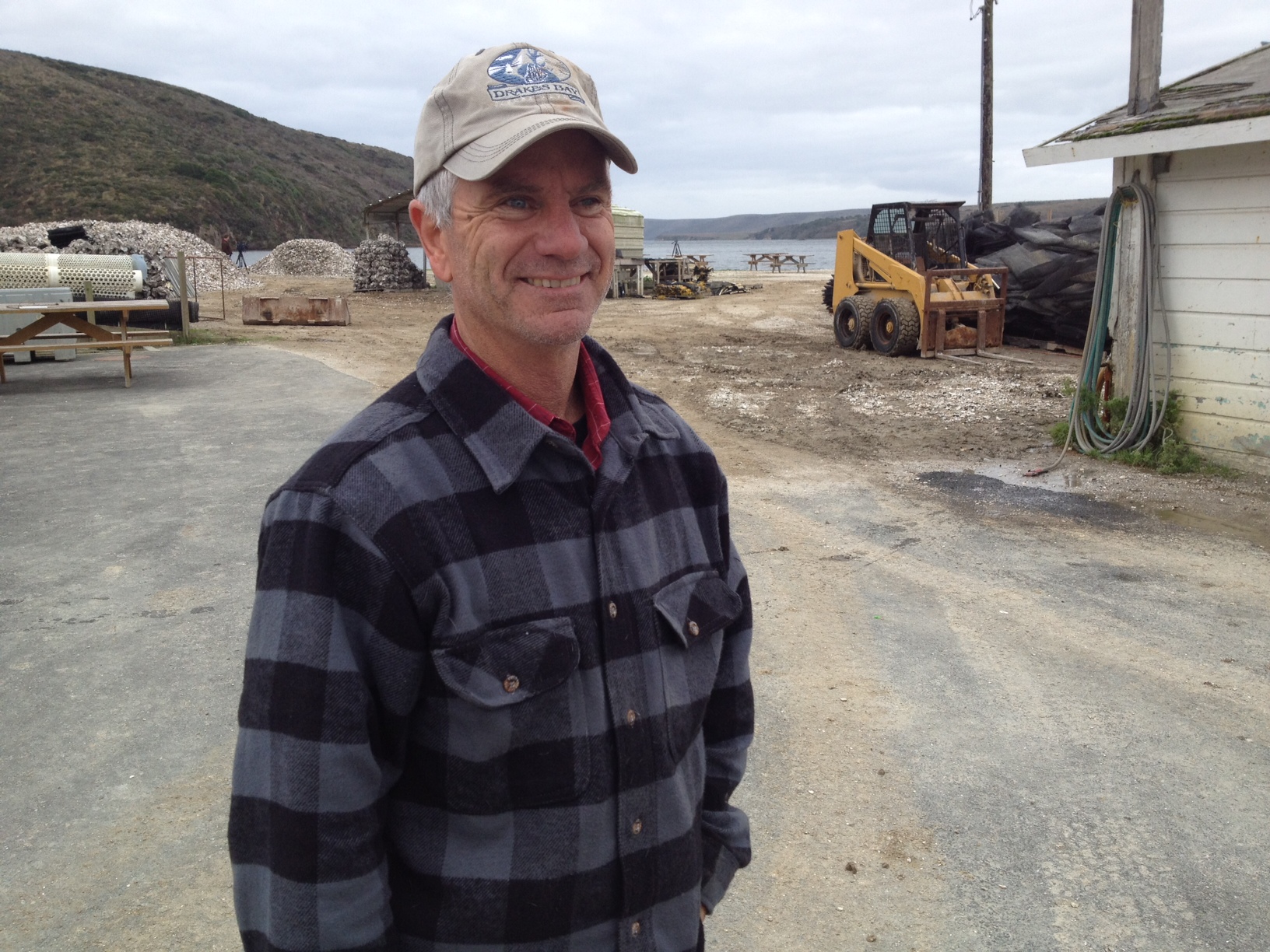U.S. Interior Secretary Ken Salazar on Thursday said he will shut down an historic Northern California oyster farm along Point Reyes National Seashore, designating the site as a wilderness area.
Salazar said he will not renew the Drakes Bay Oyster Co. lease that expires Friday. The move will bring a close to a years-long environmental battle over the site.
"After careful consideration of the applicable law and policy, I have directed the National Park Service to allow the permit for the Drakes Bay Oyster Co. expire ... and to return the Drakes Estero to the state of wilderness that Congress designated for it in 1976,'' Salazar said in a statement.
Salazar visited the oyster farm last week and said he did not make the decision lightly. Point Reyes National Seashore was added to the national parks system by Congress in 1962, and protects more than 80 miles of California coastline.
Salazar's decision came despite the company's powerful allies, including Sen. Dianne Feinstein, D-Calif., who said the facility should be saved because it is a key part of the rural economy.
Feinstein and the National Academy of Sciences claimed the National Park Service is trying to get rid of the oyster farm by exaggerating its negative impacts on the environment. During the impasse, more than $1 million in taxpayer money was spent on environmental assessment studies, according to records.

The company was seeking a 10-year extension of its lease. Oyster farm owner Kevin Lunny, whose family also operates a cattle ranch in the park, said the history of the national seashore is one that saw commercial interests and environmentalists work together.
Local
"It's part of the history, the community and the tradition of a coastal community,'' Lunny said. "It's a national seashore where working landscapes, agriculture and farming were meant to co-exist.'' Environmentalists and park officials said farm's operations threatened nearby harbor seals and other native species.
Lunny has been fighting the battle to save his business for seven-years. "We just want to be farmers," Lunny, who grew up nearby in West Marin, told NBC Bay Area earlier this week.
"We had no idea we were going to find ourselves in this kind of battle, that's actually turned into a national debate." The debate raged now for seven, ever since the National Park Service told Lunny it wouldn't renew the lease on the century old oyster farm.
Since then, he and environmentalists have squared-off in a vicious debate over science that's split the otherwise tranquil Point Reyes community.
"This has been very divisive locally," said Amy Trainer of the Environmental Action Committee of West Marin, which wants the oyster company removed from the estuary. The roots of the brouhaha were planted in 1976, when Congress passed legislation designating Drakes Bay as the first marine wilderness area on the West Coast.
The oyster farm was granted a 40-year lease to remain. But that lease expires on November 30. Lunny, a West Marin cattle rancher, bought the oyster farm from his neighbors who were retiring in 2004.
Although he said he knew of the lease's pending expiration, he thought the National Park Service would extend it.
A year later, the Park Service told him it had no plans to let him stay. "We've always expected and hoped that would be honored by the Park Service and renew this use," Lunny said.
Lunny and his supporters hurled themselves head-first into a battle to save his farm, attempting to counter opponents who said the oyster operation disrupted the estuary's wildlife.
"There are a number of adverse environmental impacts from this commercial operation," said Trainer. "Including disturbance to harbor seals, disturbance to birds and other wildlife that use the area." But Lunny denied his operation disturbs the estuary.
In fact, he said scientific studies have shown oysters may actually improve the health of the water. "It's a beautiful, bio-diverse estuary today after a hundred years of oyster production," Lunny said, gesturing toward the bay.
"So there really isn't a problem." The decision of whether there's a problem or not, is now in the hands of U.S. Interior Secretary Ken Salazar.
In 2009, oyster farm supporter Sen. Dianne Feinstein convinced Congress to pass legislation, tasking the interior secretary with the final word on whether to extend the company's lease. Salazar toured the farm the day before Thanksgiving and promised to reveal his decision before the November 30th deadline.
Environmentalists say whatever Salazar decides, it will reverberate across the nation's parks.
"This decision is significantly important for marine conservation nationally," said Neal Desai of the National Parks Conservation Association. "It's significantly important for the National Parks across the system." Lunny insists his operation has been a good steward of the estuary.
He said the farm produces five million oysters a year, 40 percent of California's oyster production, with minimal impact to the surroundings.
NBC Bay Area's Joe Rosato Jr. contributed to this report.



